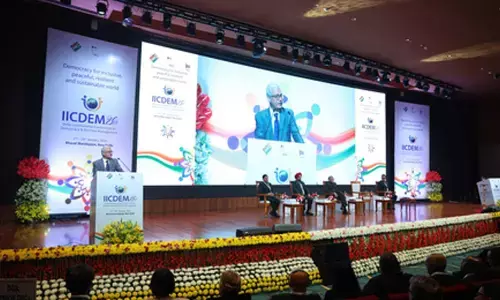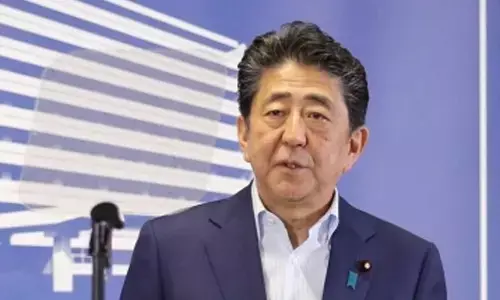WADA: US bill shatters the anti-doping system

The World Anti-Doping Agency sent a letter to U.S. Senators explaining how a bill designed to deter drug cheats in international sports would, instead, "have the unintended consequences of shattering the anti-doping system" if it is passed without changes.
New York: The World Anti-Doping Agency sent a letter to U.S. Senators explaining how a bill designed to deter drug cheats in international sports would, instead, "have the unintended consequences of shattering the anti-doping system" if it is passed without changes.
The document, obtained by The Associated Press, was sent this week at the request of a Senate committee that is holding a hearing in which it will hear testimony about the Rodchenkov Act. The House passed the bill last year, and WADA has hired a lobbying firm to engage Congress for changes in the legislation triggered by a Russia cheating scheme that has shaken the global Olympic movement for the past five years. WADA director general Olivier Niggli told AP that "WADA favors governments using their legislative powers to protect clean athletes in the fight against doping and this Act is no exception." The six-page WADA letter does, in fact, say the agency "supports the overall objectives of the legislation." The letter also goes into extensive detail about provisions it says would create a "chaotic World Anti-Doping system with no legal predictability."
The measure, named after the Moscow lab director who blew the whistle on Russia's cheating at the 2014 Sochi Olympics, calls for fines of up to USD 1 million and prison sentences of up to 10 years for those who participate in schemes designed to influence international sports competitions through doping. (Individual athletes who get caught doping would not be subject to punishment under the law). It would also allow the US Anti-Doping Agency to obtain information collected by federal investigators, which could help in prosecuting anti-doping cases. The WADA letter said the agency agrees with the information-sharing language. But there is also a long list of concerns, notably over the "extraterritorial" jurisdiction the bill proposes — a clause that would allow US authorities to pursue those who perpetuate doping schemes at international events in which Americans are involved as athletes, sponsors or broadcasters. Many US corruption laws, including those used to prosecute FIFA executives in the soccer-bidding scandal, include similar extraterritorial jurisdiction. "The effort to criminalise doping acts under U.S. law and then apply that law extraterritorially (cq) will shatter the international harmonization of rules that is critical to advancing clean sport," WADA wrote in the memo. It predicted that if the US passes the law, "other nations will follow suit and inevitably competing jurisdiction on the same set of facts will result in confusion, weaken the system, and compromise the quest for clean sport."
The athlete-advocacy group FairSport sent out a news release responding to the WADA document, giving a point-by-point rebuttal of the clauses with which the agency disagrees.














